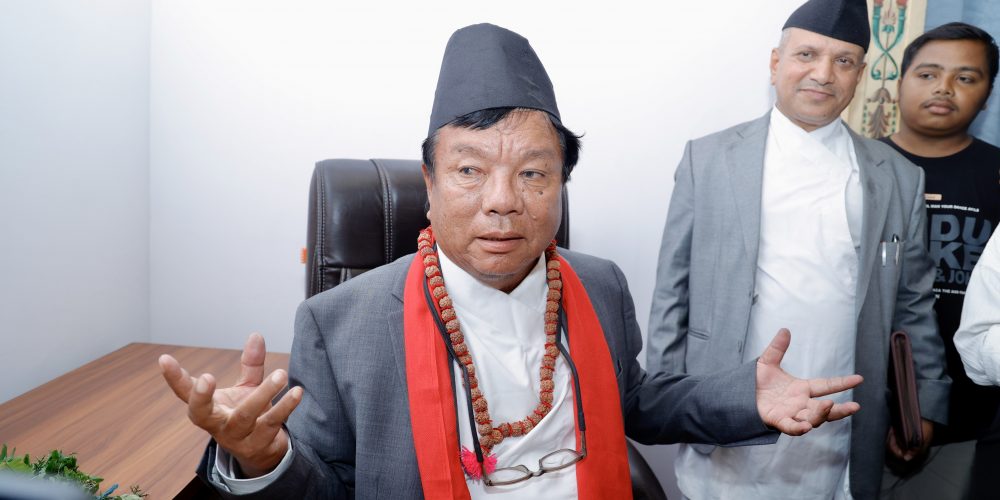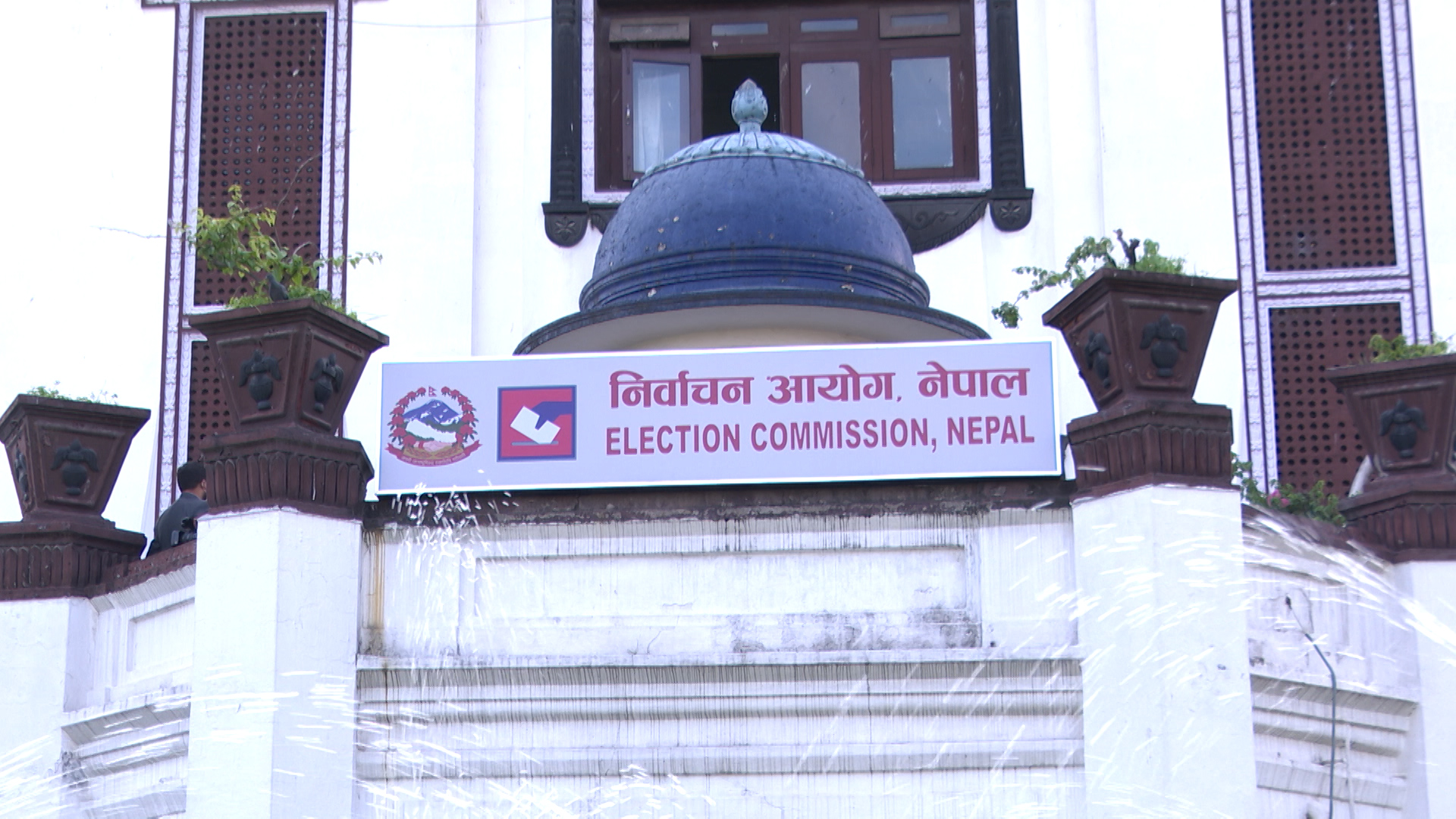 Most directly, North Korea’s actions can be seen as measures to block the negative effects on regime cohesion stemming from the economic disparity with South Korea. Considering the economic gap between the two Koreas, there’s an underlying sense of frustration that North Korea will not be able to catch up with South Korea even after 30 or 50 years.
Most directly, North Korea’s actions can be seen as measures to block the negative effects on regime cohesion stemming from the economic disparity with South Korea. Considering the economic gap between the two Koreas, there’s an underlying sense of frustration that North Korea will not be able to catch up with South Korea even after 30 or 50 years.
As Kim Jong-un stated, “In the provinces, even basic necessities cannot be provided smoothly… it’s a very poor state.” There is absolutely no way to overcome the more than 50-fold economic disparity with South Korea through normal means. Even maintaining an annual growth rate of over 10% for 30 years would not be enough. The mere proximity of South Korea as a partner for exchange and cooperation, and as a target for unification, poses a systemic threat.
Moreover, the shared ethnicity and comparisons with South Korea, along with issues regarding human rights and nuclear matters, pose significant burdens on the regime. The influence of South Korean culture on North Korean youth is one of the three major internal conflicts within North Korea. A survey by the Institute for Peace and Unification Studies at Seoul National University found that 43.1% of North Koreans frequently encounter South Korean music, broadcasts, and dramas. This interest in the ‘Korean Wave’ is particularly strong among the younger generation and weakens support for Juche ideology and the leadership.
To counter this trend, North Korea has enacted laws such as the Reactionary Ideology and Culture Rejection Law (December 2020), the Youth Education Guarantee Law (September 2021), and the Pyongyang Cultural Language Protection Law (January 2023) to control youth movements. This law was adopted as Decree No. 11 of the Supreme People’s Assembly held on September 29, 2021, and consists of a total of 5 chapters and 45 articles.(NK Times) There is also a resolute will to attempt a new competition for legitimacy, assuming the separation of the North and South and blocking the influence of South Korea.
Since the economy has already failed in competition, the plan is to compete for legitimacy using military power, politics, and culture, with military strength bolstered by nuclear weapons. Kim Jong-un has continued his extreme criticism in his speeches, stating, “The politics of South Korea are completely missing, society as a whole is muddled with Yankee culture, and national defense and security are utterly dependent on the United States, making it nothing more than a crippled, colonial vassal state.
” Politically, recent changes have been made to the electoral system to allow for the nomination of multiple candidates, similar to Vietnam and China. In this context, Kim Jong-un’s declaration of a strategic shift toward the South signifies the start of a life-and-death national competition between North and South Korea. Amplifying Nuclear Threats Using the New Cold War Dynamics The second reason behind North Korea’s strategy is to amplify its nuclear threat by exploiting the new Cold War order.
Amid renewed Cold War tensions and wartime conditions, North Korea is aligning closely with China and Russia to ensure regime survival. Following the Russia-Ukraine war, North Korea is strengthening its economic and military ties with Russia. The shift in its hostile stance towards South Korea is based on the belief that the escalating U.S.-China conflict is diminishing U.S. influence while the North Korea-China-Russia camp gains the upper hand. Believing it has the advantage, North Korea has declared a head-on, tit-for-tat struggle against the United States.
With the possibility of a Russian victory in the Russia-Ukraine war being discussed, and no signs of an end to the wars in the Middle East, North Korea finds itself with some breathing room. If a military conflict were to erupt in the Taiwan Strait amidst these ongoing wars, the likelihood of a military conflict on the Korean Peninsula would increase significantly.
After suffering a significant political blow from the breakdown of the Hanoi U.S.-North Korea Summit in February 2019, Kim Jong-un seems to have found an opportunity for a reversal, using the current international dynamics to justify the failure of improving relations with the U.S. North Korea has decided to sever relations with the U.S. and the West, focusing instead on developing relations with socialist countries like China and Russia.
While improving relations with the U.S. has not been easy, this choice was inevitable for North Korea and has, in fact, provided a justification. With Russia’s assistance, North Korea is accelerating its development of nuclear weapons and long-range missiles and has vowed to launch three reconnaissance satellites in 2024. If a military conflict occurs, North Korea has solemnly declared that it “will not hesitate to take significant action,” pulling out the nuclear card, and has even threatened to “completely occupy, subdue, and reclaim South Korea and incorporate it into the territory of the Republic.“ How Millennials and Gen Z Perceive Kim Jong-un and Kim Yo-jo Thirdly, the shift in strategy towards South Korea stems from 30 years of post-Cold War strengthening of national identity in both North and South Korea and the changing consciousness of the Millennial and Gen Z generations.
Over these 30 years, the ‘national identity’ of both Koreas has distinctly strengthened. Both the DPRK and the ROK were internationally recognized as nation-states upon joining the United Nations in September 1991, and a heightened national consciousness has also developed internally. Amid these changes, North Korea’s leader Kim Jong-un has emphasized ‘Statism’ since taking power in 2012, moving away from the previous ‘A Theory of the Korean Nation as Number One’ to champion ‘Statism’ as a priority.
Kim Yo-jong’s use of ‘Republic of Korea’ instead of ‘South Korea’ is noteworthy. Though she sometimes uses cynical phrases like ‘things from the Republic of Korea’, she essentially views North-South relations as those between two separate states. This highlights that if there is a Republic of Korea in the South, there is a Democratic People’s Republic of Korea in the North. Kim Jong-un has voiced his frustration with the Western world’s tendency to label North Korea as a ‘rogue state’ rather than a ‘normal country’. In August 2022, Kim Yo-jong expressed a strong desire to “live without being conscious of each other,” advocating for normal competition with the ‘Republic of Korea’ as a foreign country, rather than viewing it as a kin ‘South Korea’.
Most importantly, the perception of Kim Jong-un and Kim Yo-jong by people in their 30s is completely different from that of older generations. In South Korea, only about 30% of people in their 20s and 30s support unification, nearly 50% view North Korea as an enemy or threat, and most consider it ‘another country’. The belief that ‘unification is impossible’ is also high in South Korea (33.3%) and North Korea (55.7%). The ‘Statism’ mindset and the use of ‘Republic of Korea’ by Kim Jong-un and Kim Yo-jong are possible because they are part of this younger generation. Like South Korea’s Millennial and Gen Z generations, they have almost no memory of the division and lack a tangible sense of the need for unification. To them, North and South Korea are no longer the same nation or people; they are different countries. @SAND
Kim Philo : Associate Professor at the Institute for Peace and Unification Studies (IPUS), Seoul National University











